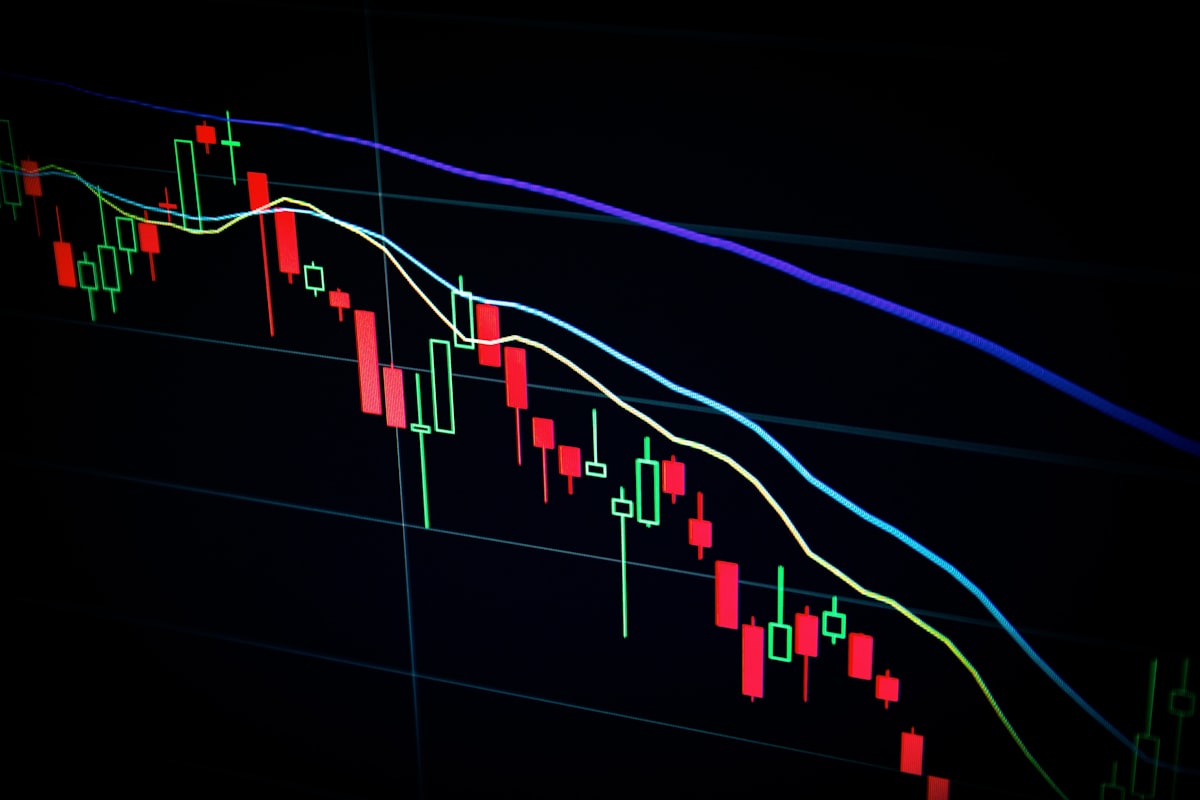📚 Table of Contents
Where should savvy investors place their bets in 2025 to maximize returns while navigating an ever-changing global economy? The financial landscape is evolving rapidly, driven by technological advancements, geopolitical shifts, and sustainability demands. Identifying the most promising global market investments requires a deep dive into emerging trends, sector performance, and macroeconomic indicators. From high-growth tech sectors to renewable energy breakthroughs, this guide explores the top seven investment opportunities poised to dominate in 2025.
Emerging Markets: The New Frontier for Growth
Emerging markets continue to offer unparalleled growth potential, with countries like India, Vietnam, and Brazil leading the charge. By 2025, India’s GDP is projected to grow at over 6% annually, fueled by a booming tech sector, infrastructure development, and a young, dynamic workforce. Vietnam, meanwhile, is becoming a manufacturing hub as companies diversify supply chains away from China. The country’s exports are expected to surge, particularly in electronics and textiles.
Brazil’s agricultural and energy sectors are also gaining traction. With vast natural resources and increasing foreign investment in renewable energy, Brazil is positioning itself as a key player in the global market. Investors should consider ETFs focused on these regions or direct investments in high-growth local companies.
Tech Innovation & AI-Driven Industries
Artificial intelligence (AI) is no longer a futuristic concept—it’s a present-day reality reshaping industries. By 2025, AI-driven automation, machine learning, and data analytics will dominate sectors like finance, healthcare, and logistics. Companies investing in AI infrastructure, such as NVIDIA and Alphabet, are expected to see exponential growth.
Another area to watch is quantum computing, with firms like IBM and Google making significant strides. The global quantum computing market is projected to exceed $2.5 billion by 2025, presenting lucrative opportunities for early investors. Additionally, cybersecurity remains critical as digital transformation accelerates, making firms like CrowdStrike and Palo Alto Networks strong investment candidates.
Renewable Energy & Green Investments
The shift toward sustainability is irreversible, and renewable energy is at the forefront. Solar and wind energy investments are expected to grow by 12% annually, with countries like the U.S., China, and Germany leading adoption. Companies such as NextEra Energy and Vestas Wind Systems are well-positioned to capitalize on this trend.
Beyond traditional renewables, green hydrogen is emerging as a game-changer. This clean energy source could revolutionize heavy industries and transportation, with nations like Australia and Saudi Arabia investing heavily in production. Investors should also explore ESG (Environmental, Social, and Governance) funds, which are gaining traction among institutional and retail investors alike.
Healthcare & Biotechnology Breakthroughs
The healthcare sector is undergoing a transformation, driven by biotechnology innovations and personalized medicine. Gene-editing technologies like CRISPR are unlocking new treatment possibilities, with companies like Editas Medicine and CRISPR Therapeutics leading the charge. The global biotech market is expected to surpass $1 trillion by 2025.
Telemedicine is another high-growth area, accelerated by the pandemic. Platforms like Teladoc Health and Amwell are expanding globally, offering scalable healthcare solutions. Additionally, aging populations in developed economies will drive demand for pharmaceuticals and medical devices, making companies like Pfizer and Medtronic solid long-term investments.
Global Real Estate Hotspots
Real estate remains a cornerstone of diversified portfolios, but location is key. In 2025, cities like Dubai, Austin, and Bangalore are expected to see significant appreciation due to tech-driven migration and business-friendly policies. Dubai’s luxury property market, in particular, is thriving, attracting high-net-worth individuals.
Meanwhile, the rise of remote work is boosting secondary markets in the U.S., such as Nashville and Raleigh, where affordability and quality of life are drawing new residents. Investors should consider REITs (Real Estate Investment Trusts) focused on these high-growth regions or direct property acquisitions in emerging urban centers.
Cryptocurrency & Blockchain Evolution
Cryptocurrencies and blockchain technology are maturing beyond speculative assets. Bitcoin and Ethereum remain dominant, but institutional adoption is growing, with major financial firms like BlackRock entering the space. By 2025, decentralized finance (DeFi) platforms could disrupt traditional banking, offering higher yields and transparency.
Regulation will play a crucial role, with jurisdictions like Singapore and Switzerland leading in crypto-friendly policies. Investors should diversify into established cryptocurrencies, blockchain infrastructure projects, and NFT-based digital assets. However, volatility remains a risk, requiring a balanced approach.
Consumer Goods & E-Commerce Expansion
The global middle class is expanding, particularly in Asia and Africa, driving demand for consumer goods. Companies like Procter & Gamble and Unilever are well-positioned to benefit from this trend. Additionally, e-commerce growth shows no signs of slowing, with platforms like Amazon and Alibaba continuing to dominate.
Direct-to-consumer (DTC) brands are also gaining market share, leveraging social media and digital marketing. Investors should look for companies with strong omnichannel strategies and sustainable product lines, as consumer preferences shift toward eco-conscious purchasing.
Conclusion
The global investment landscape in 2025 presents diverse opportunities across emerging markets, technology, renewable energy, healthcare, real estate, cryptocurrency, and consumer goods. By staying informed and strategically diversifying, investors can position themselves for substantial returns in these high-growth sectors.


Leave a Reply